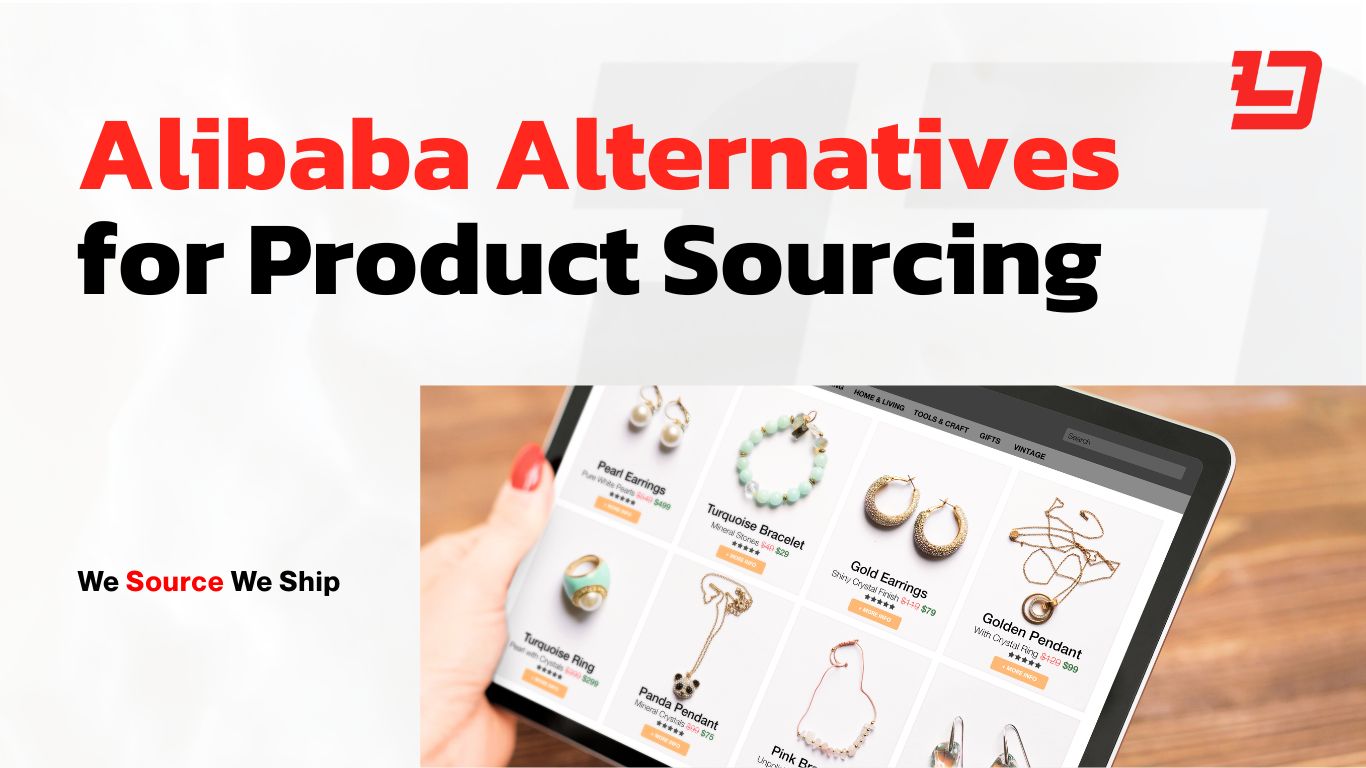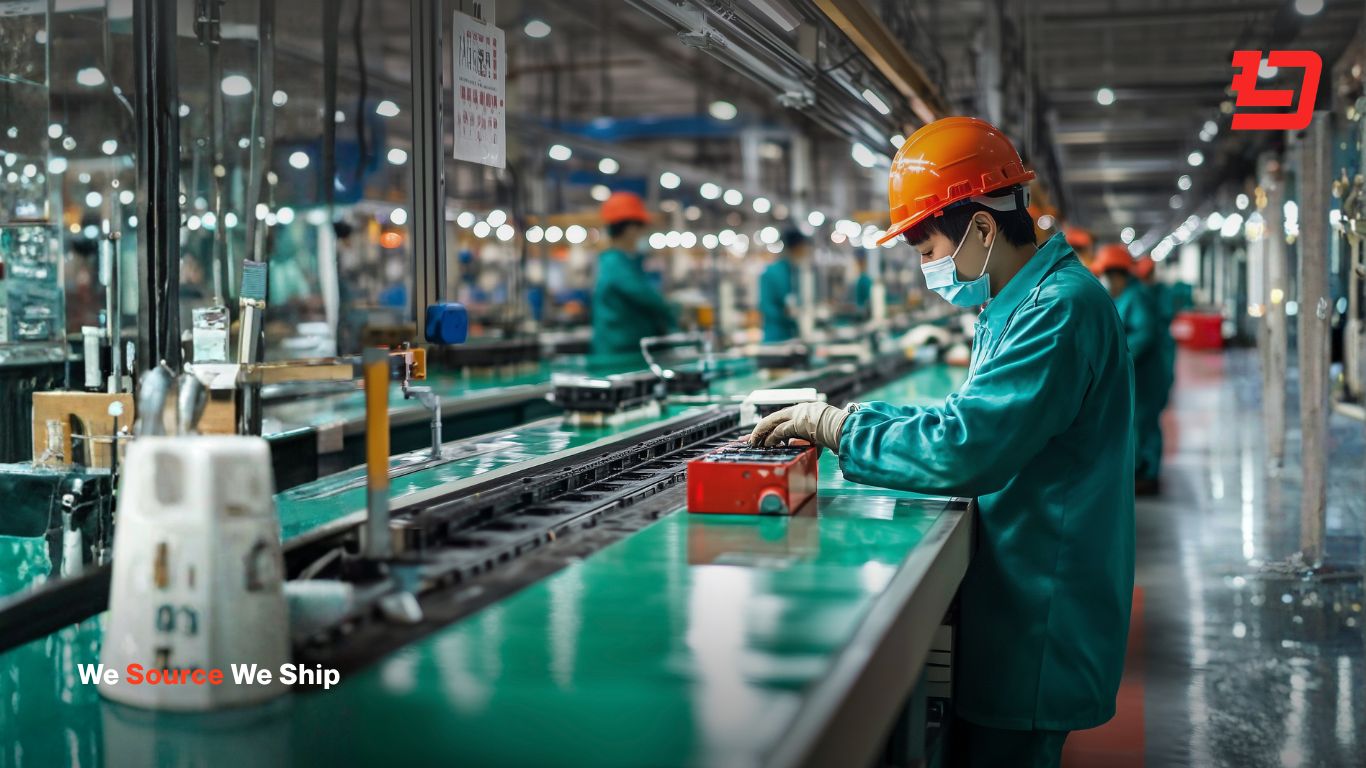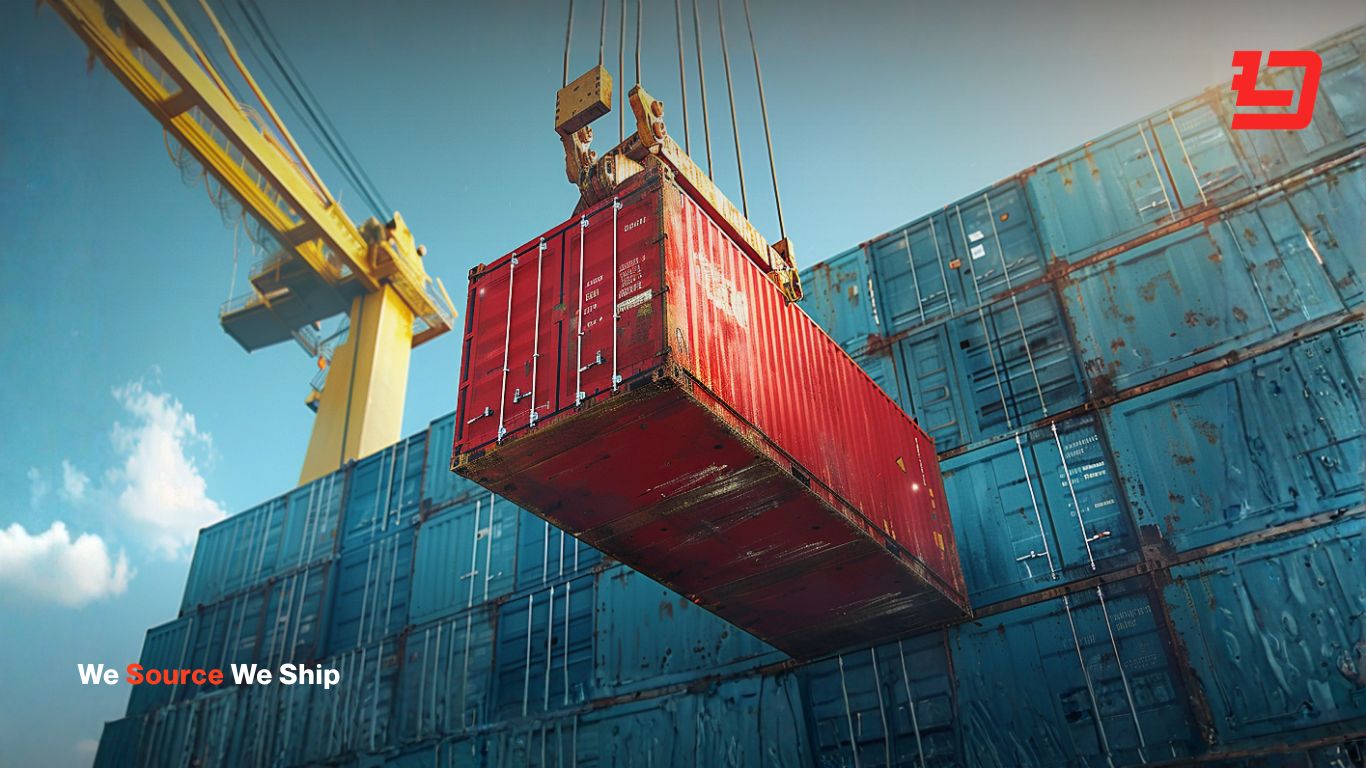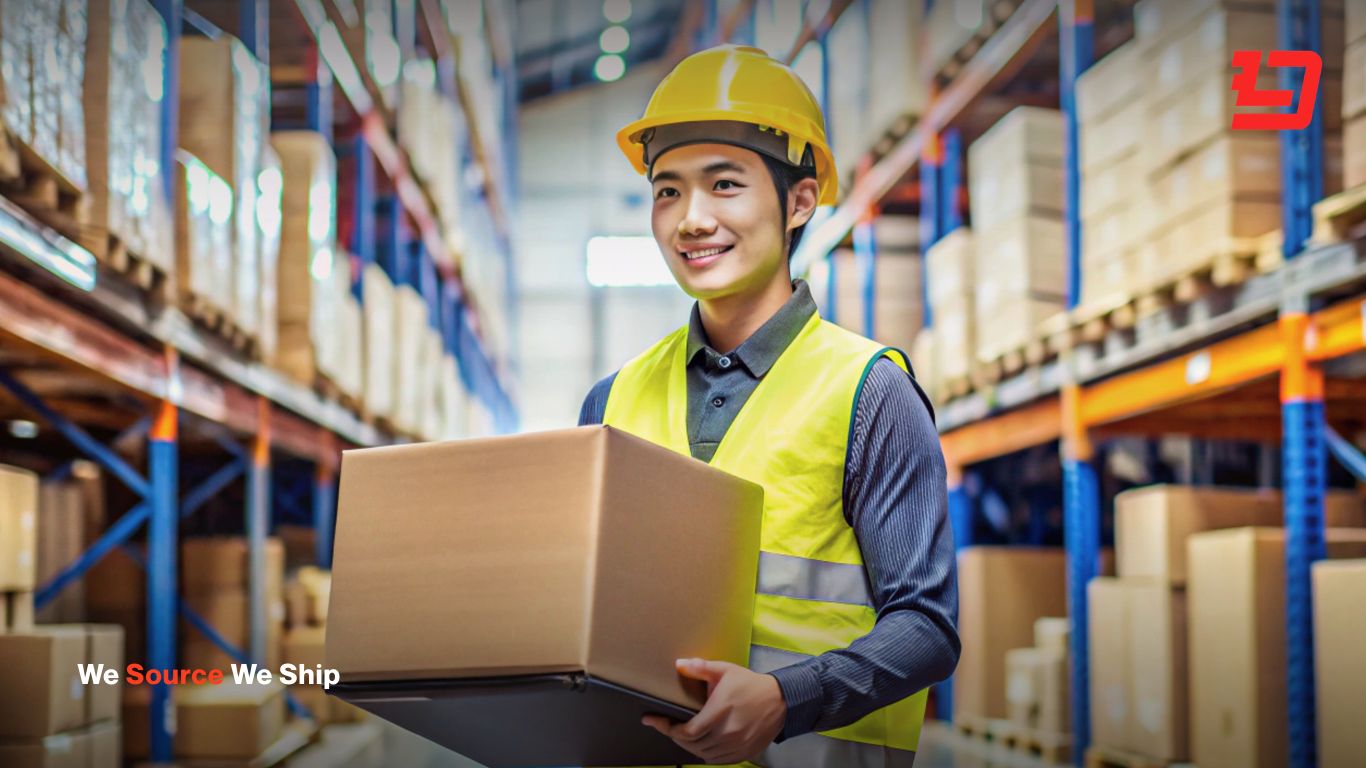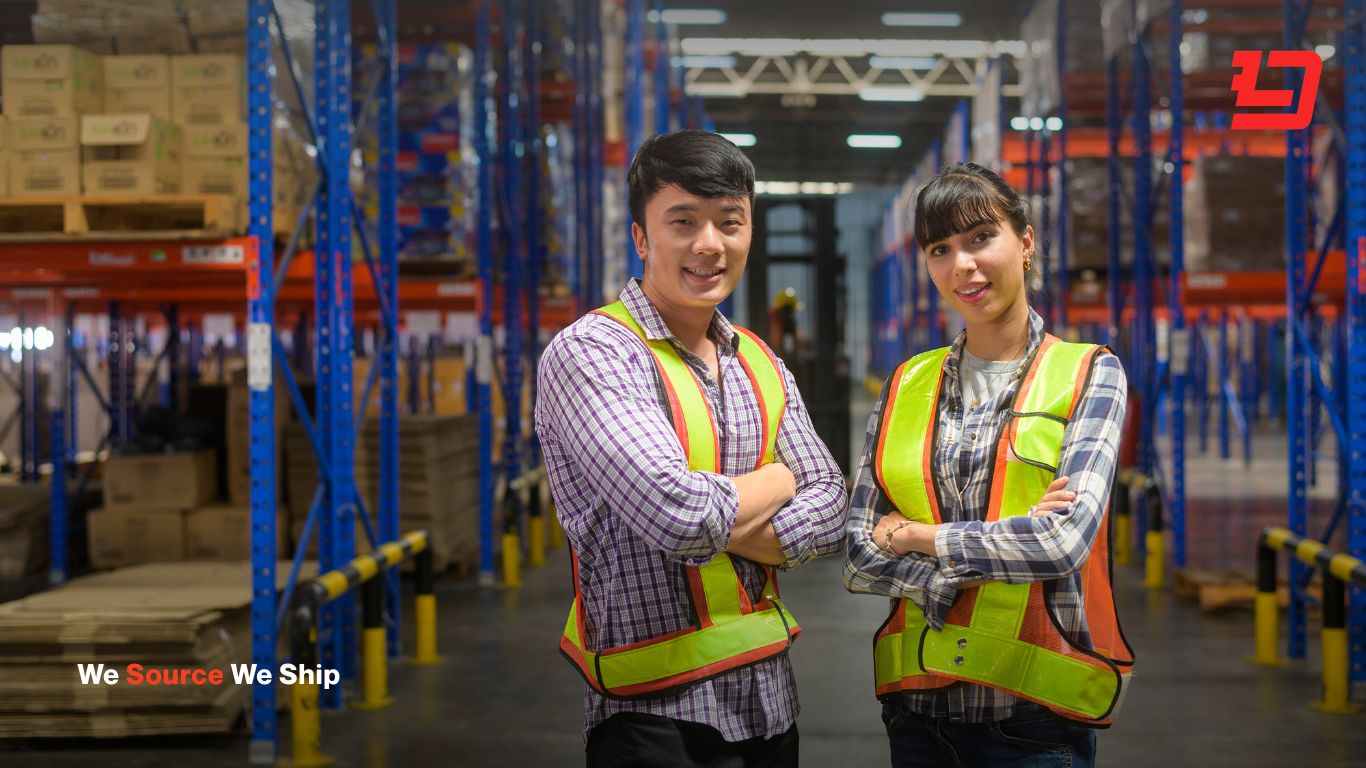Alibaba is one of the biggest online marketplaces in the world, connecting millions of buyers and factories across China and beyond. It is often the first place entrepreneurs look when they want to manufacture or source new products.
But not every sourcing journey goes smoothly on Alibaba. Some buyers end up dealing with fake suppliers, poor communication, or inconsistent quality. Others want a more direct relationship with real factories that can grow with their brand.
If you are looking for Alibaba alternatives in 2025, there are plenty of reliable options. This guide highlights the best sourcing platforms and explains how to find verified suppliers safely.
For a deeper look at sourcing strategies, check our China Sourcing Guide for Scaling Ecommerce Brands.
1. Why Look Beyond Alibaba?
Alibaba remains dominant in global sourcing, but its open marketplace model has limits. Anyone can register as a supplier, which means not all profiles are real manufacturers. While Alibaba continues to improve its verification tools, many buyers still face challenges such as:
- Fake or unverified suppliers
- Inconsistent quality between orders
- Language and time zone barriers
- Long lead times or hidden costs
According to a 2025 Forrester report, over 60% of B2B buyers prioritize supplier transparency over price. That shift is pushing many brands toward alternative platforms that focus on verified factories, smaller minimum orders, and clearer quality controls.
Best Alibaba Alternatives in 2025
These platforms give ecommerce owners different options depending on their goals, product type, and experience level.
1. Made-in-China.com
This platform has been around since 1998 and is one of the oldest Alibaba competitors. It focuses on verified Chinese manufacturers and offers detailed product data. Factories go through strict documentation checks before they can join.
Best for: electronics, home appliances, industrial parts, and private-label consumer goods.
Pros: verified factories, bilingual listings, and export-ready suppliers.
Cons: the interface looks dated and product descriptions can be inconsistent.
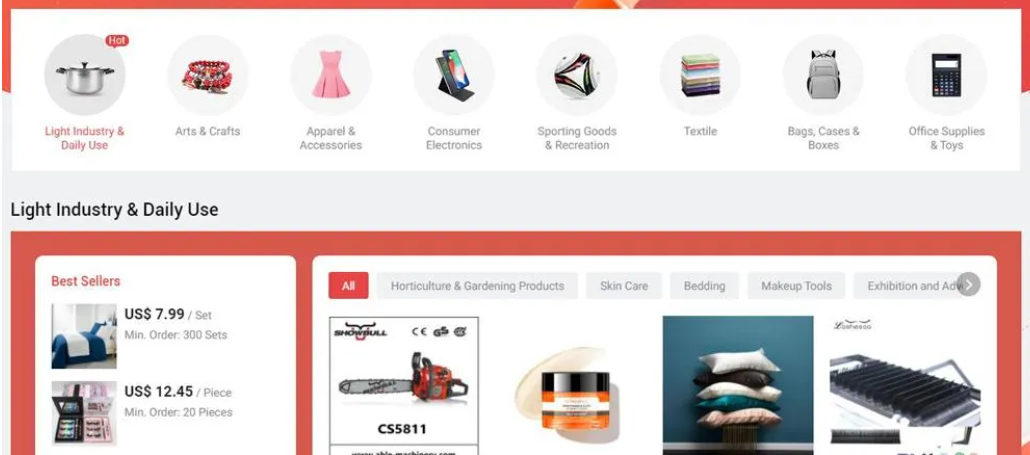
2. Global Sources
Global Sources is a Hong Kong-based platform best known for its trade shows and strong electronics network. Many major exporters and OEM factories list here. The company runs physical sourcing fairs in Hong Kong and other cities, allowing brands to meet suppliers in person.
Best for: consumer electronics, smart home devices, gadgets, and premium accessories.
Pros: verified suppliers, trusted for electronics and consumer goods, and detailed factory data.
Cons: smaller product range compared to Alibaba.
3. 1688.com
1688 is actually part of Alibaba Group, but it serves China’s domestic market. Because it is designed for local buyers, prices are often 10 to 30 percent lower than Alibaba’s international listings.
The challenge is that the site is entirely in Chinese and most sellers do not ship overseas. That is why many international brands use a local sourcing partner to communicate and handle purchasing.
Best for: apparel, household items, packaging, and low-MOQ restocks.
Pros: lowest pricing direct from real factories.
Cons: language barrier and domestic shipping limitations.
4. DHgate
DHgate focuses on smaller wholesale orders and trial runs. It is popular among dropshippers who want to test new products before scaling up.
Best for: fashion accessories, beauty tools, consumer electronics, and test orders.
Pros: lower MOQs, quick payments, and small-batch flexibility.
Cons: supplier quality varies, and shipping can be inconsistent.
5. HKTDC
Operated by the Hong Kong Trade Development Council, HKTDC provides a verified database of exporters and manufacturers that have passed registration checks. It also hosts professional sourcing events and trade fairs supported by the Hong Kong government.
Best for: corporate buyers sourcing electronics, office products, gifts, and promotional merchandise.
Pros: government-backed legitimacy and verified suppliers.
Cons: slower onboarding and a smaller range of categories.
6. ThomasNet
For brands that want domestic manufacturing or packaging in North America, ThomasNet is a solid alternative. It lists U.S. and Canadian manufacturers that comply with strict verification standards and local regulations.
Best for: industrial parts, packaging, furniture, and U.S.-made private-label products.
Pros: verified companies and strong quality assurance.
Cons: higher production costs and limited consumer product options.
7. Direct Sourcing with Local Partners
For ecommerce brands that want more control and less risk, working directly with a sourcing partner in China is often the smartest move. Instead of browsing through thousands of unverified listings, you get access to a curated network of real factories backed by on-site teams.
Lansil Global gives brands that advantage. Our bilingual Shenzhen team works directly with verified manufacturers across China to help you source quality products, negotiate fair pricing, and manage production from start to finish. Every factory is checked for business licenses, certifications, and real production capacity before orders begin.
We also provide in-house quality control, product consolidation, and shipping coordination through our China and U.S. warehouse network, giving brands one complete supply chain solution.
3. Alibaba vs. Alternatives: Quick Comparison
| Platform | Main Focus | Verification Level | MOQ | Best For |
|---|---|---|---|---|
| Alibaba | Global B2B marketplace | Medium | Varies | General sourcing |
| Made-in-China | Verified Chinese factories | High | Medium | Private label brands |
| Global Sources | Electronics and trade fairs | High | Medium | Established importers |
| 1688.com | Domestic Chinese market | High | Low | Bulk restocking with local help |
| DHgate | Small-batch B2B | Medium | Low | Test orders and dropshipping |
| HKTDC | Verified exporters and trade events | High | Medium | Corporate buyers |
| ThomasNet | North American manufacturers | High | Medium | Domestic sourcing |
| Lansil Global | Direct factory sourcing and QC | Very High | Flexible | Ecommerce brands scaling globally |
4. Tips for Safe Sourcing Without Alibaba
1. Verify the Supplier’s Business License
Always confirm that the company is legally registered in China. You can check this on the National Enterprise Credit Information Publicity System (NECIPS).
2. Request Samples First
Never place a bulk order without testing samples. It reveals the supplier’s true production quality.
3. Use Secure Payment Methods
Pay through escrow or trade-assurance systems instead of direct wire transfers.
4. Confirm Quality Standards
Ask for certifications such as ISO, CE, RoHS, or FDA depending on your product category.
5. Schedule Pre-Shipment Inspections
A final inspection before shipping ensures that products meet your expectations and match approved samples.
6. Work with Local Support
A bilingual sourcing or quality control team in China can handle communication, factory visits, and logistics while you focus on growing your business.
5. Why Local Sourcing Support Beats Any Platform
Online platforms can connect you to thousands of factories, but they cannot guarantee what happens inside those factories. Product quality, packaging, and delivery timelines all depend on how closely the supplier is managed.
Having a trusted local partner in China bridges that gap. It ensures that every supplier is legitimate, every order is inspected, and every shipment leaves on time.
Lansil Global’s bilingual Shenzhen team works directly with verified factories across China, helping ecommerce brands find reliable suppliers, manage production, and maintain consistent quality. Our on-the-ground support covers everything from factory verification and price negotiation to inspection and logistics. The result is one seamless supply chain solution that saves time, money, and stress.
Alibaba remains a powerful sourcing tool, but it is not the only one. Platforms like Made-in-China, Global Sources, 1688, and HKTDC give brands more control and transparency. Still, nothing compares to the peace of mind that comes from having a local team managing your supply chain directly.
If you are ready to move beyond Alibaba and build a more reliable sourcing system, contact us to start sourcing smarter.


